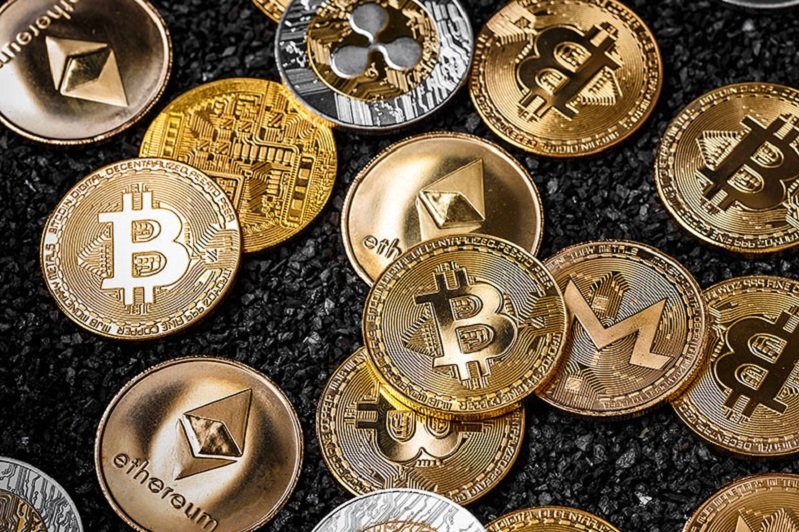

Electronic money (e-money) is digital currency that’s backed by fiat currency and is considered to be legal tender. The value of electronic money is much more stable compared to the volatility of cryptocurrencies.
Unlike cryptocurrency, which requires a wallet for storage and has dedicated exchanges, electronic money exists in banking computer systems and can be transacted easily for greater convenience.
E-money is governed and regulated by a singular authority. In the UK, this centralised system gives the Financial Conduct Authority (FCA) overall control of users’ assets. The FCA lays out regulation from safeguarding rights through to business processes that issuers need to be compliant with.
Having this centralised authority in place provides an additional layer of security for users and their funds. Issuers must protect funds from being used for terrorism or being laundered, for example.
In comparison, cryptocurrency is usually decentralised. This is especially the case for Bitcoin, the original cryptocurrency. A decentralised system or network is distributed and gives power to the people. Rather than being governed by a central body, payments take place on a peer-to-peer system. This provides complete anonymity and a trustless environment.
E-money offers a faster transaction completion time
As cryptocurrency is decentralised, a request must be sent to the network through private encryption keys for transactions to take place. Once this is done, buy and sell orders can be validated. Even still, purchases can’t be made until a network of miners verifies each transaction. This could take up to 10 minutes to complete, and the data must be updated on the ledger. All information about transactions is kept anonymous and is simply added to the blockchain.
In comparison, e-money transactions are a lot more straightforward and completion time is a lot faster. E-money transactions aren’t determined by supply and demand. Instead, they are equal to the amount of fiat currency being exchanged in an electronic form. When a money transfer is sent, users don’t need to wait for a network to verify the transaction. The transaction is verified by an SMS message and a record of the transaction is kept by the issuer. Therefore, e-money transactions happen almost instantly.
Conclusion
The preference for e-money over cryptocurrencies is often a result of users preferring security, having a middleman involved in the transactions, and the protection available from regulations. E-money is also far more stable than its cryptocurrency counterparts, keeping consumers protected from market volatility and a lot less likely to lose their funds.
Denver, Colorado, 24th February 2025, Chainwire
Denver, Colorado, 20th February 2025, Chainwire
Washington, D.C., 18th February 2025, Chainwire
Dubai, UAE, 27th January 2025, Chainwire
Those who enter the market at this time may be surprised to hear that Bitcoin…
George Town, Grand Cayman, 22nd November 2024, Chainwire